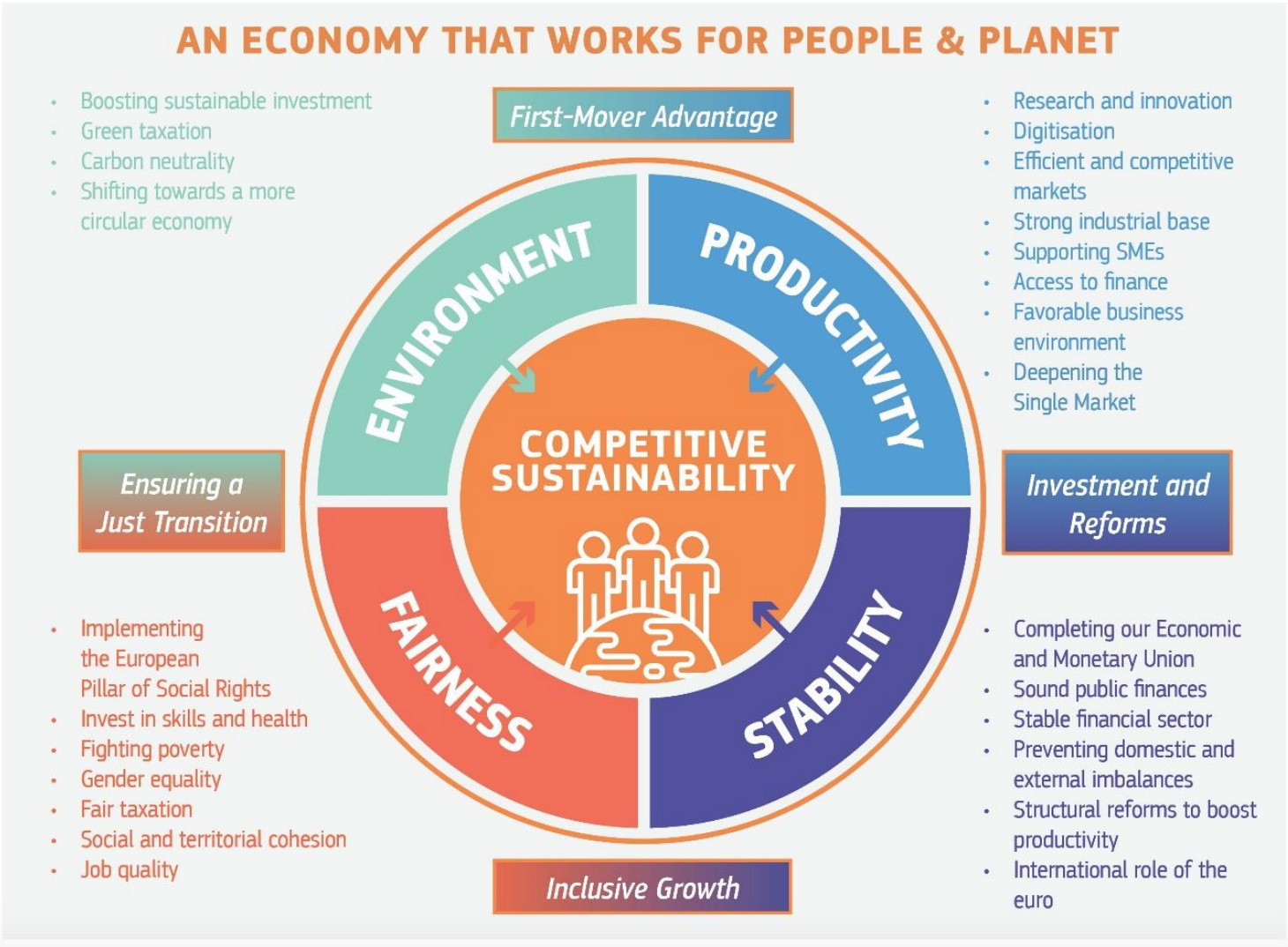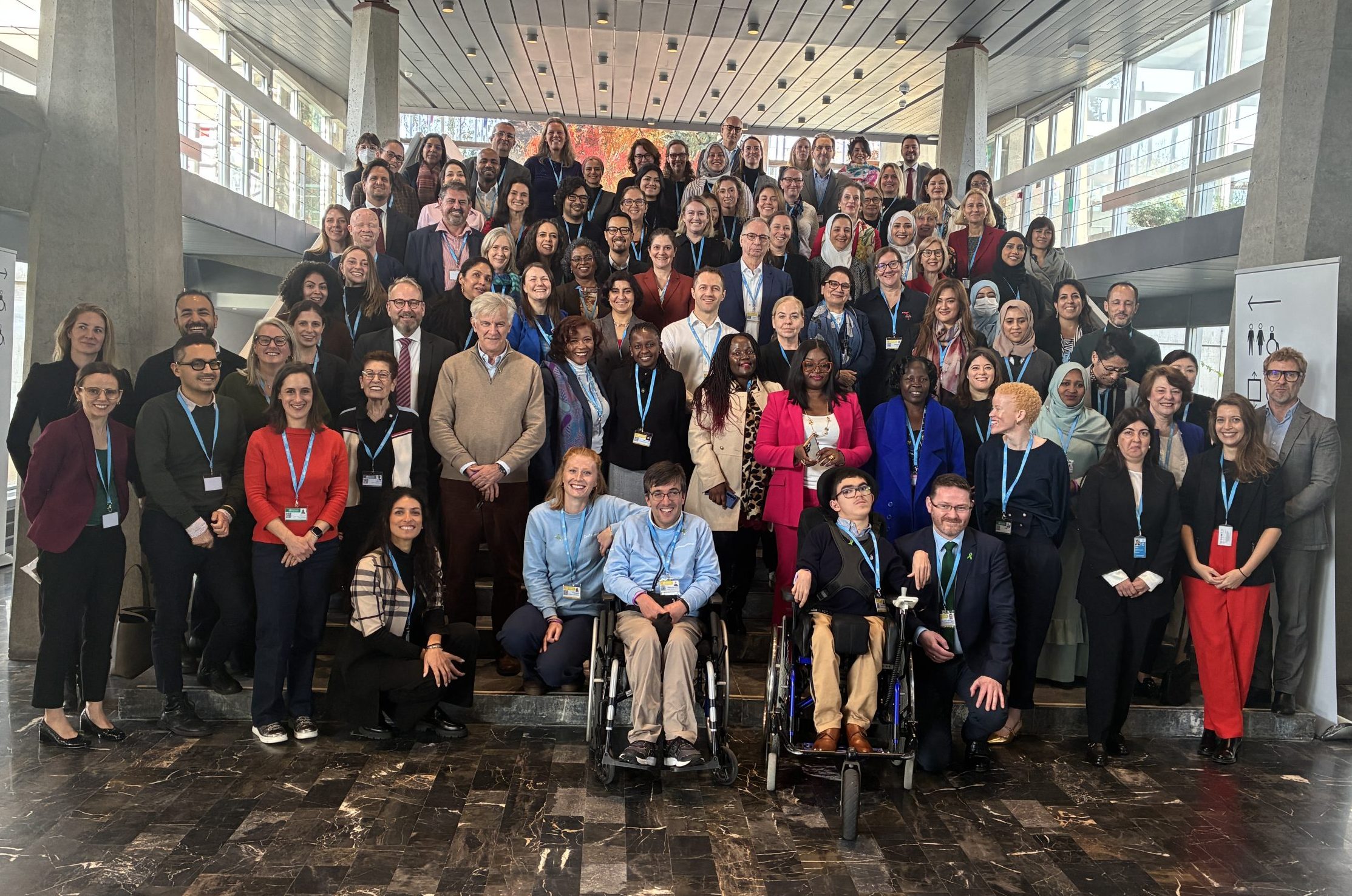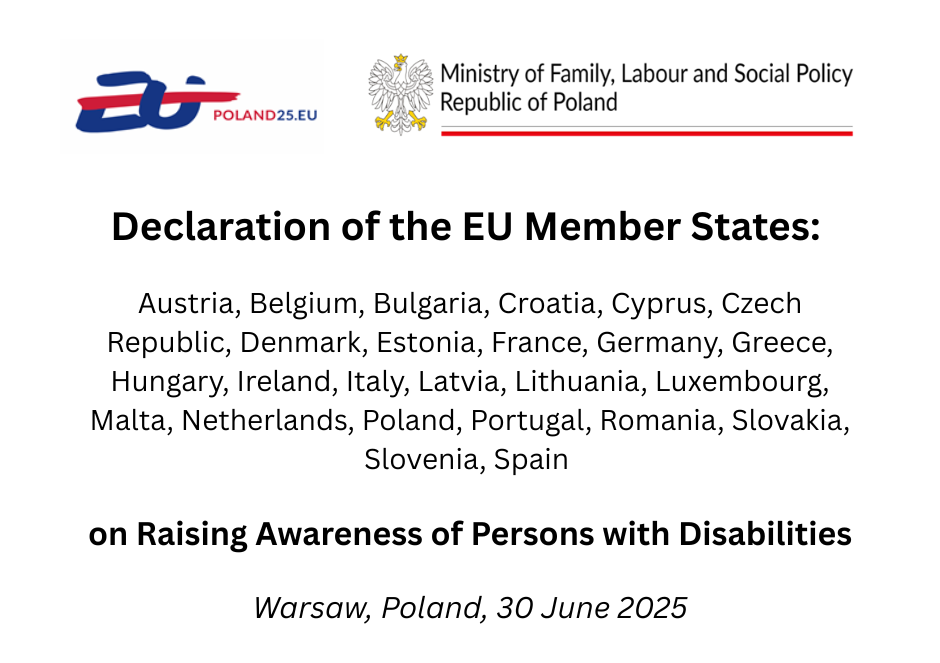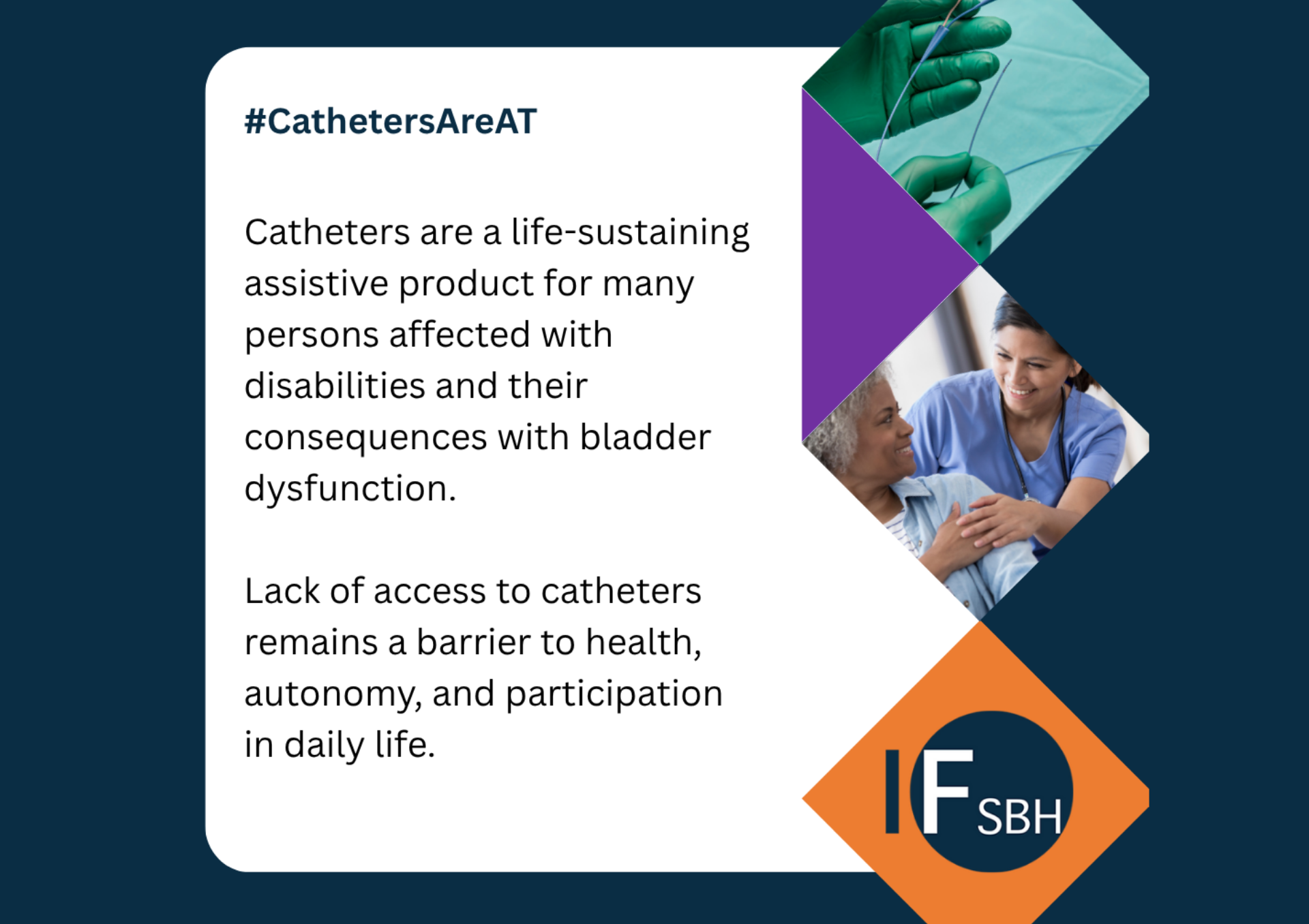At the end of last year, the European Commissioner released the Annual Sustainable Growth Strategy – ASGS- (formerly known as the Annual Growth Survey). The ASGS sets the top priorities for the economic and employment policy strategy for the European Union and launches the start of the European Semester process for 2020.
The European Semester is an annual cycle process between the EU Member States and the three EU Institutions (European Commission, the Council of the European Union and the European Parliament). During this cycle, the Member States coordinate their economic, fiscal and social policies based on common objectives and rules agreed at European level. The ASGS launches the cycle of the European Semester for 2020. The following packages of the European Semester – National Reform Programmes, Country Reports and Country-Specific Recommendations– will be based on the ASGS and its priorities. The European Semester indicates which will be the priorities. It shapes the policies of the EU Member States regarding social, economic and fiscal aspects and how Member States will invest public money for education, health, pension, social inclusion, social care etc. Therefore, it is our opportunity to raise our voice and indicate to the policy-makers what should be the priorities to improve the lives of persons living with Spina Bifida and Hydrocephalus.
ASGS is the first package of the Von der Leyen Commission and is based on 4 key dimensions: stability, fairness, productivity and sustainability. The package was presented by Valdis Dombrovskis, Executive Vice-President for An Economy that Works for People, Paolo Gentiloni, Commissioner for Economy and Nicolas Schmit, Commissioner for Jobs and Social Rights.
During the press conference, Commissioner Schmit declared that ASGS will focus on the “creation of quality jobs, and access to social protection” while “inequalities and disparities between Countries and within continue” and must be addressed. This time, ASGS is focused on fairness through delivering “the principles of the European Pillar of Social Rights”. We welcome this reference and call on the European Commission to continue to link the European Pillar of Social Rights in the upcoming packages of the European Semester 2020.
We are also pleased to see that the ASGS is refocusing the European Semester to the Sustainable Development Goals (SDGs) and reminds the Member States to reach these goals. However, we would like to take the opportunity to remind to the European Commision and the EU Member States not only to deliver on and achieve the SDGs – especially Goal 3 Good Health and Well-Being, Goal 5 Gender Inequalities and Goal 10 Reduce Inequalities – but also to fully implement the UN Convention on the Rights of Persons with Disabilities. This could be achieved by designing and focusing on policies affecting persons with disabilities such as social, employment, access to health, access to labour-market, social protection, etc.
Despite the reference to design policies, “while ensuring that people most affected by societal changes are taken into account,” we regret that persons with disabilities are only mentioned once in the ASGS. The link between persons with disabilities and the European Semester is still very weak. Disability should be mainstreamed in all EU policies.
Next steps
In February 2020, the European Commission will publish the Country Reports of the EU Member States. These documents are an in-depth review of the economic and social developments and challenges of the Member States.
For more information:





